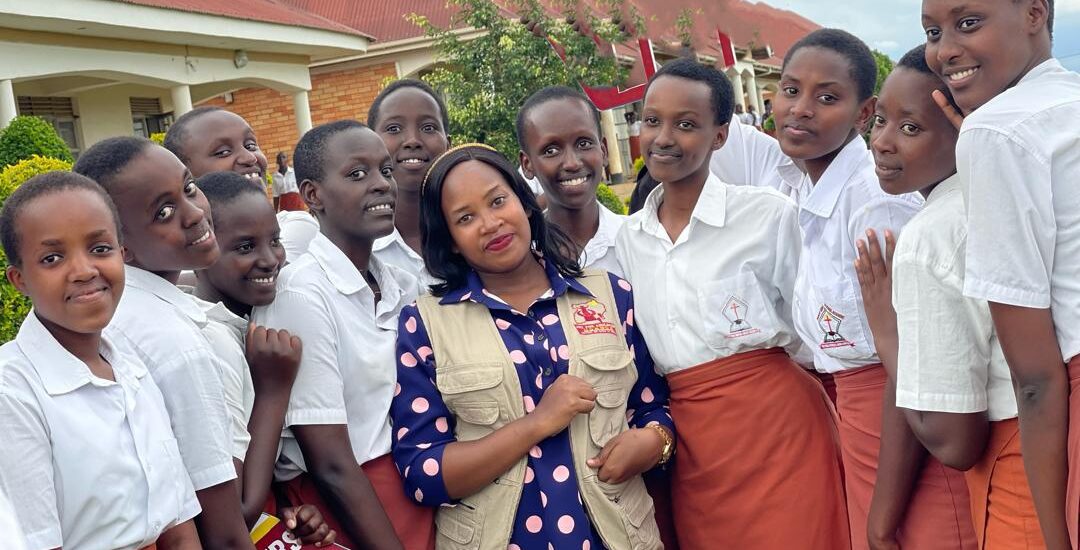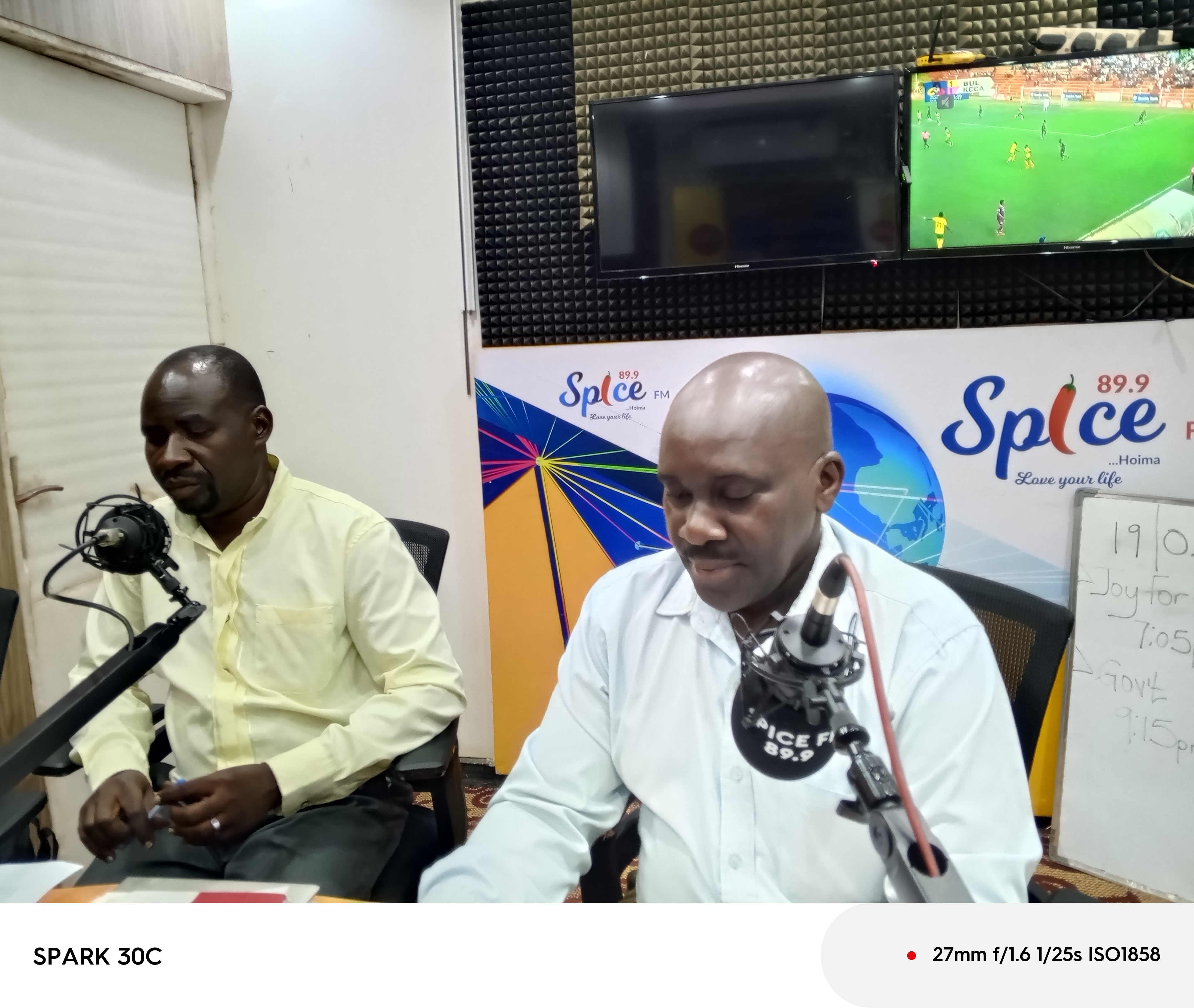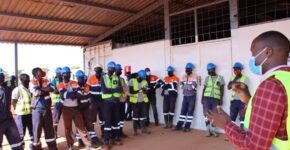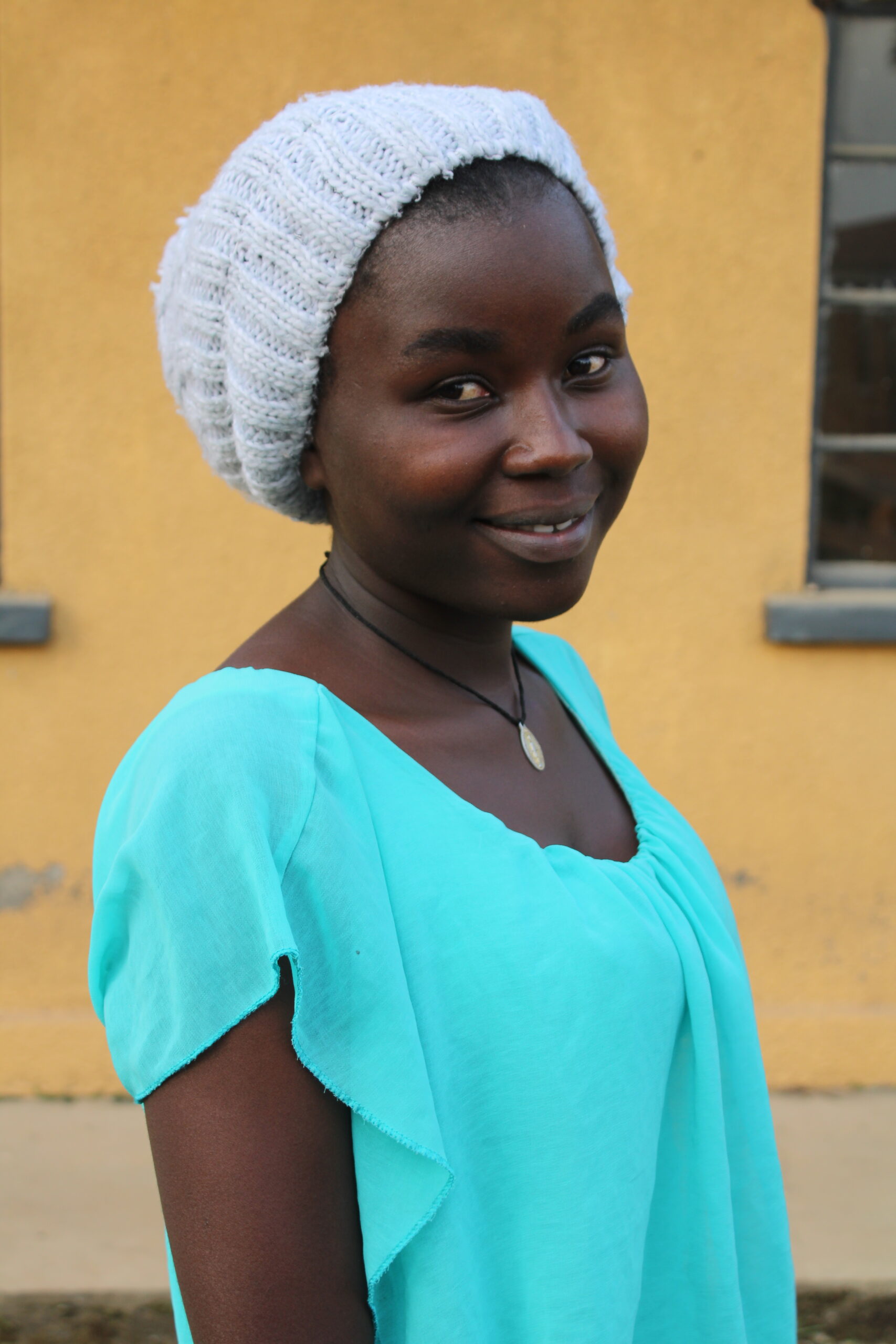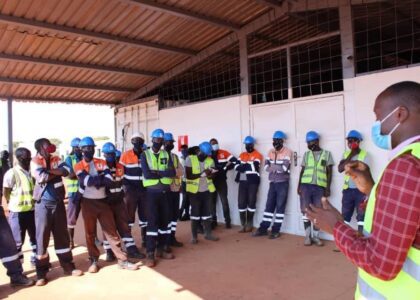Joy for Children Uganda in partnership with Windle International Uganda will be implementing the Uganda Secondary School Project (USEEP) Lot 3 for a period of 15 months in 17 districts of Western Uganda that are: Buliisa ,Hoima, Kiryandongo, Masindi, Kibale, Kagadi, Kakumiro, Kikube, Bunyangabu, Kasese, Ntoroko, Bundibugyo, Kamwenge, Kitagwenda, Kyegegwa, Kyenjojo, and Kabarole.
The Government of Uganda (GoU) through Ministry of Education and Sports (MoES) received financing of US $ 150 million ((IDA Credit-$90MandIDA Refugee Sub-Window (RSW) Grant- US$60M) from the International Development Association formulated to implement the Uganda Secondary Education Expansion Project (USEEP). The project is expected to support the education sector to improve access to lower secondary education in underserved areas for a period of five years ending December 2025.The Project development objective (PDO) is to enhance access to lower secondary education by focusing on underserved populations in targeted areas. Underserved populations include communities in districts hosting refugees and refugees in the targeted areas with limited access to public lower secondary schools.
Project Goal
To contribute to improvements in access to education for girls and boys and improve reporting, tracking, referral and response to violence against children in and around schools. It will further contribute to the transformation of norms and behavior that generate and perpetuate violence against children in schools (VACiS) and therefore reduce the incidence of VACiS in project affected areas and develop child protection systems
Project Objectives
The Project development objective (PDO) is to enhance access to lower secondary education by focusing on underserved populations in targeted areas. Underserved populations include communities hosting refugees, refugees, girls and people in the targeted areas with limited access to public lower secondary schools.
The priority focus of the Uganda Secondary Expansion Project is to expand the provision of lower secondary education to the mostly underserved areas in Uganda. The Project aligns with GoU’s refugee policies contributing to the approach outlined in the Comprehensive Refugee Response Framework (CRRF) Roadmap and addresses the specific sectoral priorities outlined in the Education Response Plan for Refugees and Host Communities in Uganda.
The project will contribute to the implementation of the COVID 19 pandemic response plan through several activities such as training teachers in the use of ICT for teaching, roll out the accelerated learning programs to expand learning opportunities in the Refugee Host Districts, expansion of schools, equipping schools to be constructed with appropriate water, sanitation and hygiene (WASH) facilitates and providing psychosocial support to head teachers, teachers, parents, communities and local government administrators.
The Project is composed of four components, i.e. (i) Equitable Expansion of Lower Secondary Education; (ii) Support Education in Refugee Hosting Communities;(iii) Improving Teachers Support and Policy Development Nationally and (iv)Project Management, Monitoring and Evaluation. JFCU will contribute to component one on Expansion of Lower Secondary Education.
The component will focus on construction of 116 new lower secondary schools and facilities in both Refugee and Non-Refugee Host Districts. A total of 32 new secondary schools will be constructed in the Refugee Host Districts and 84 new secondary schools in the Non-Refugee Host Districts. In addition, 61 existing overcrowded secondary schools in the Refugee Host Districts will be expanded.
In Western Uganda, under Lot 3 of the project, will target 17 districts (Buliisa, Hoima, Masindi, Kiryandongo, Kagadi, Kakumiro, Kibale, Kikuube, Bunyangabu,Kasese, Ntoroko , Bundibugyo, Kabarole, Kamwenge, Kyegegwa and Kyenjojo and a total of 93 schools in these districts.
The component will scale up implementation of the child friendly school approach. Child Friendly Schools (CFS) refers to schools which promote the social, physical, moral and intellectual wellbeing of a child. The model has six key elements. These include: the school should be protective of the learners, Rights Based and Inclusive, Gender Sensitive, Academically Effective, Health Promoting and Community Engaging.
WIU and JFCU will ensure that children are safe and protected while at school, in the community and at home. This will be guided using the following policy documents : the Children’s Act 2016 (as amended(); the National Child Policy (2020); the National Gender Based Violence policy (2017); the Gender in Education Policy (2016); the National Strategic Plan on Elimination of Violence Against Children in Schools and the MoES Basic Requirements and Minimum Standards; indicators on safety and security/protection of children at school. This will strengthen the child protection systems at school level through for example training of headteachers in establishing and maintaining safe school environments ; training of pupils on trauma management, guidance and counselling, reshaping character ; popularising the Grievance readdress management and Violence against children code of conduct for school stakeholders.
The project will directly benefit in and out of school children, particularly at the secondary school level within the targeted communities. Other beneficiaries are teachers, school administration, school management structures, local government and community members.

